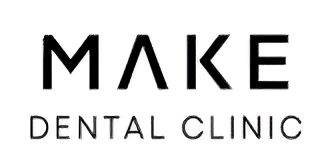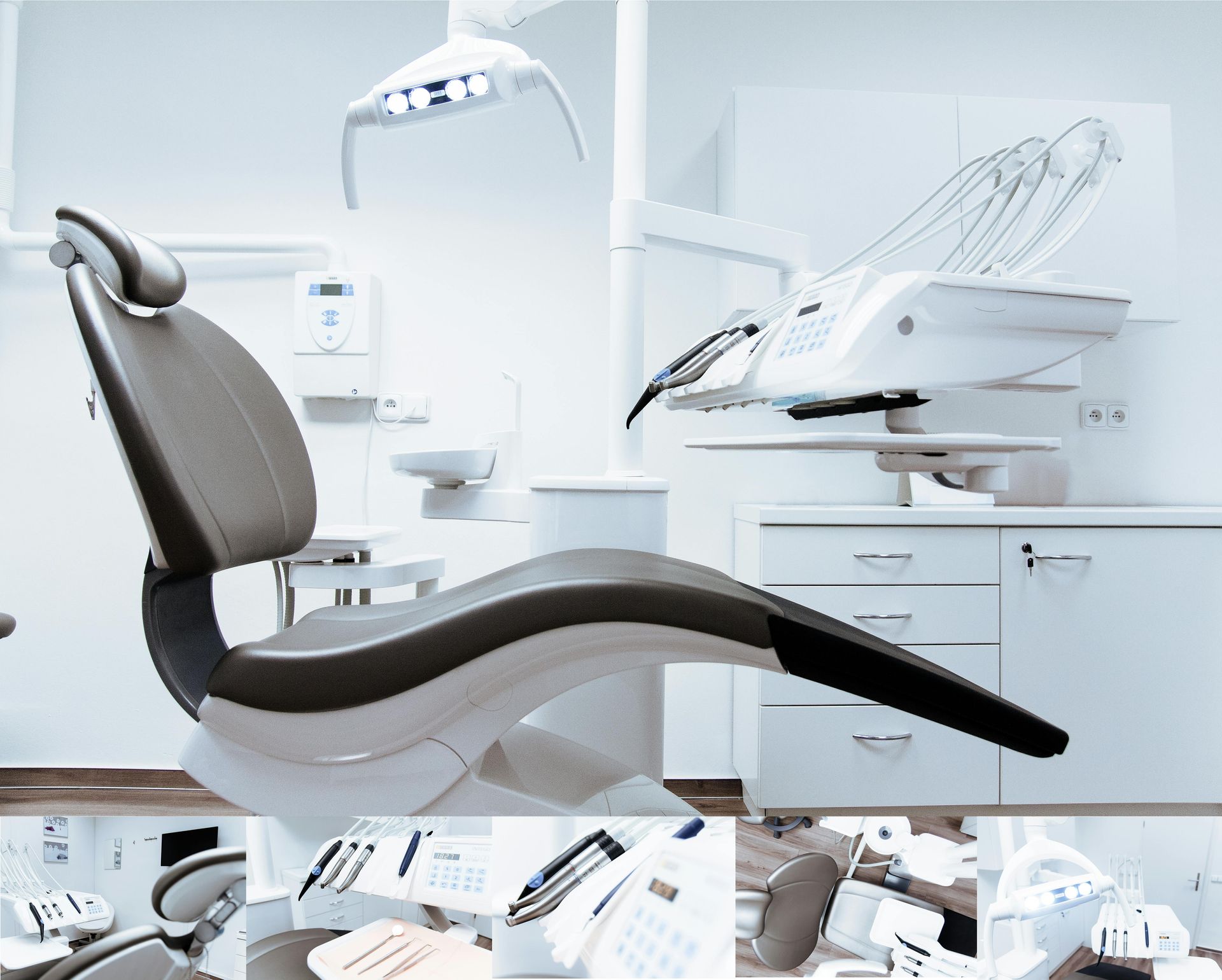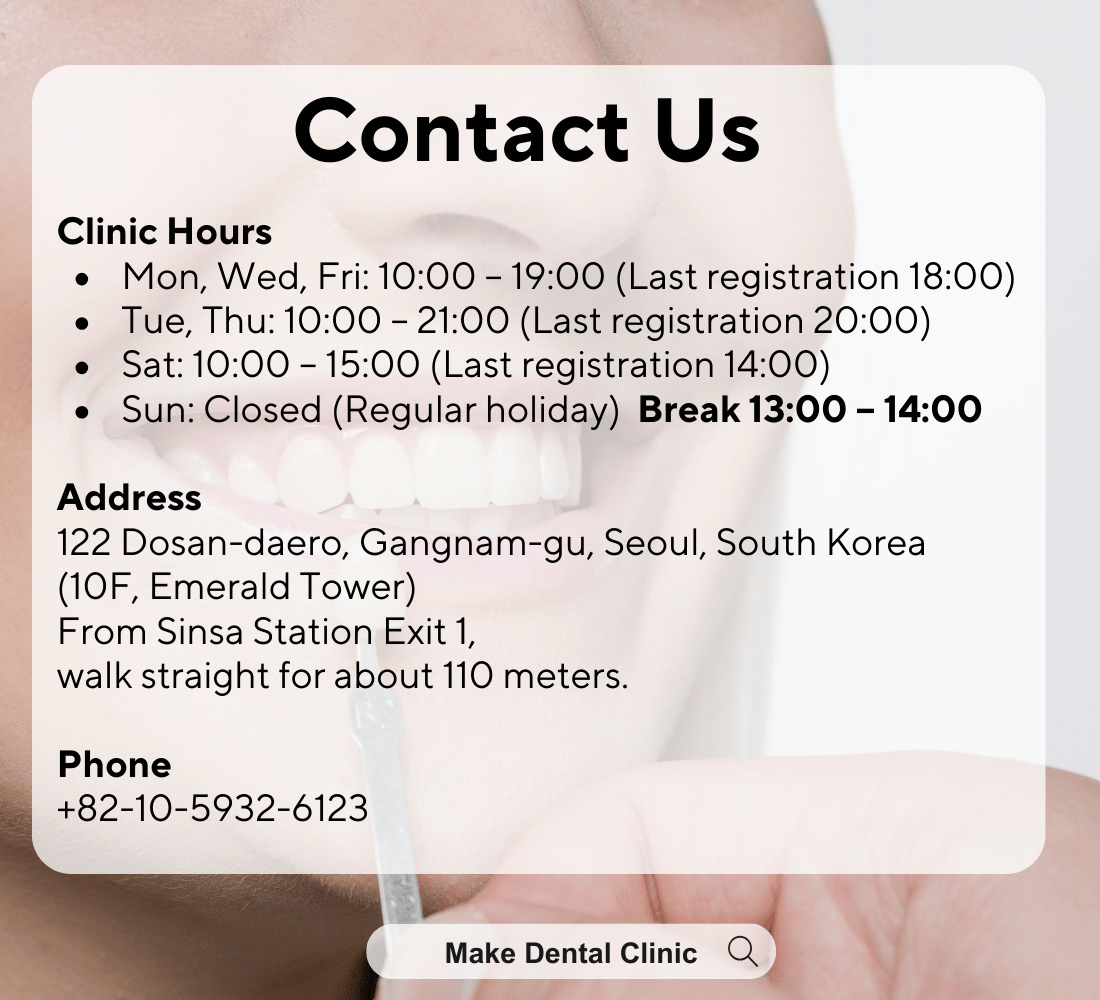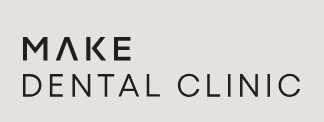Who Should Avoid Veneers?
Veneers are one of the most popular cosmetic dental treatments in Korea and worldwide. They can instantly transform the smile, make teeth look straighter, whiter, and more symmetrical, and boost confidence.
However — veneers are not the right choice for everyone.
Here’s a complete guide to who should avoid veneers and why.
1. People With Weak or Insufficient Enamel
Veneers require a thin layer of enamel to be shaved for proper bonding.
Avoid veneers if you have:
- Enamel erosion
- Acid damage
- Severe enamel thinning
- Structural weakness
Without enough enamel, veneers may not bond properly or may break easily.
2. Patients With Gum Disease or Unhealthy Gums
If gums are inflamed, bleeding, or receding, veneers will not sit properly.
Avoid veneers if you have:
- Active gum disease (gingivitis or periodontitis)
- Significant gum recession
- Untreated plaque or tartar buildup
Healthy gums are essential for long-lasting veneer results.
3. People With Severe Teeth Grinding (Bruxism)
Grinding or clenching can crack, chip, or break veneers.
Avoid veneers if you:
- Grind your teeth at night
- Clench due to stress
- Have a history of fractured teeth
If grinding is treated or controlled with a night guard, veneers may be possible — but not before addressing the root issue.
4. Patients With Untreated Tooth Decay or Cavities
Veneers cannot be placed over unhealthy teeth.
You should avoid veneers if you have:
- Active cavities
- Tooth decay
- Root infections
- Weakened tooth structure
These must be treated first to ensure safe veneer placement.
5. People With Severe Bite Problems
Improper bite alignment can put excessive pressure on veneers.
Avoid veneers if you have:
- Severe overbite
- Severe underbite
- Crossbite
- Jaw alignment issues
Orthodontic treatments may be required first.
6. Individuals Wanting Major Tooth Shape or Alignment Changes
Veneers improve appearance, but cannot fix:
- Large gaps
- major crooked teeth
- Rotated teeth
- Severe misalignment
These issues may require Invisalign or orthodontics before veneers.
7. People With Very Dark Internal Tooth Staining
Veneers can hide discoloration — but some internal stains may show through or require aggressive enamel removal.
Avoid veneers if you have:
- Tetracycline staining
- Deep intrinsic discoloration
- Root canal–related darkening (may need internal whitening first)
8. People Who Want a “Temporary Fix”
Veneers are a permanent commitment.
Avoid veneers if you want:
- A reversible option
- Only short-term enhancement
- Minimal maintenance
Once enamel is shaved, it does not grow back — you will always need veneers or crowns.
9. Patients With Unrealistic Expectations
You should avoid veneers if you expect:
- Movie-star perfection on extremely damaged teeth
- Zero maintenance
- No lifestyle changes
- Instant results without adjustments
Cosmetic dentistry relies on realistic, healthy expectations.
⭐ Who Is a Good Candidate for Veneers?
You’re likely a good candidate if you have:
- Healthy gums
- Strong enamel
- Mild discoloration
- Small gaps
- Minor crookedness
- Misshaped or short teeth
- Desire for a long-lasting cosmetic improvement
Final Thoughts
Veneers can create a beautiful, natural-looking smile. However, they are not suitable for everyone. Patients with weak enamel, gum disease, bruxism, severe bite issues, or unrealistic expectations should avoid veneers or seek alternative treatments.




